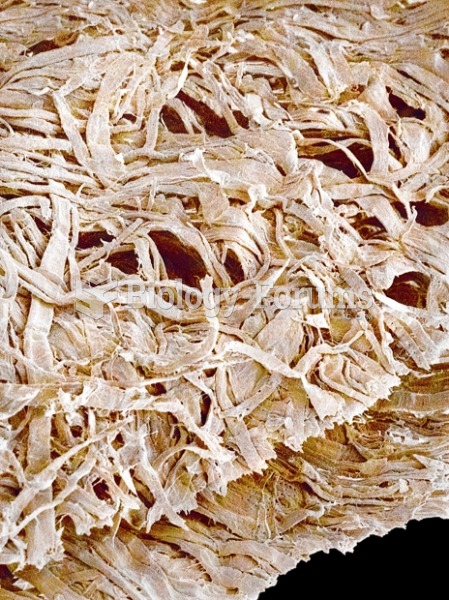|
|
|
People with high total cholesterol have about two times the risk for heart disease as people with ideal levels.
Illicit drug use costs the United States approximately $181 billion every year.
The highest suicide rate in the United States is among people ages 65 years and older. Almost 15% of people in this age group commit suicide every year.
More than 30% of American adults, and about 12% of children utilize health care approaches that were developed outside of conventional medicine.
The average person is easily confused by the terms pharmaceutics and pharmacology, thinking they are one and the same. Whereas pharmaceutics is the science of preparing and dispensing drugs (otherwise known as the science of pharmacy), pharmacology is the study of medications.







